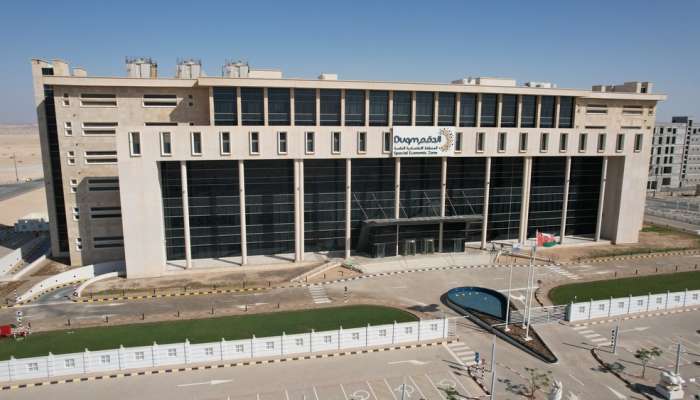
Duqm: The circular economy is emerging as a promising path to foster sustainable economic growth, with international estimates suggesting it could generate up to $4.5 trillion in economic benefits by 2030.
The Sultanate of Oman is increasingly prioritising this approach as part of its efforts to achieve carbon neutrality by 2050. The Special Economic Zone at Duqm (Sezad) is at the forefront of implementing this model, thanks to its integrated infrastructure and logistical services that promote industrial integration, waste reduction, and efficiency.
Next week, Sezad will host a dialogue session titled "The New System: Duqm's Case for a Circular Economy," featuring several specialists. The session will cover financing issues, policies, and practical implementation mechanisms for circular models. This is particularly relevant given the sharp fluctuations in raw material prices and the challenges to global trade stability faced by traditional supply chains. This highlights the importance of designing products for reuse and recovery as a strategic option for companies.
Eng. Ahmed Ali Akaak, CEO of Sezad, emphasised that the commitment of industries operating in the zone to circular economy standards is a key factor in boosting their competitiveness in global markets. This is especially true as the European Union moves to adopt strict sustainability frameworks, such as digital product passports and the Carbon Border Adjustment Mechanism (CBAM).
In a statement to Oman News Agency, he added that the circular economy is no longer a secondary option but has become a pillar for the success of industrial exports and for strengthening Duqm's position as a regional and international hub for sustainable investments.